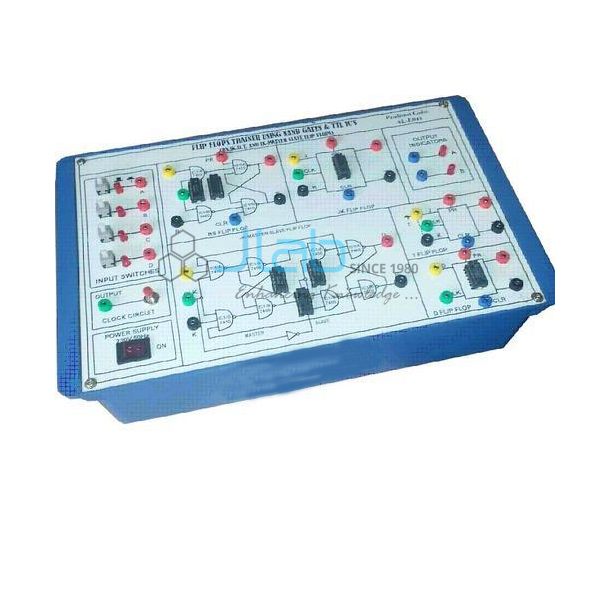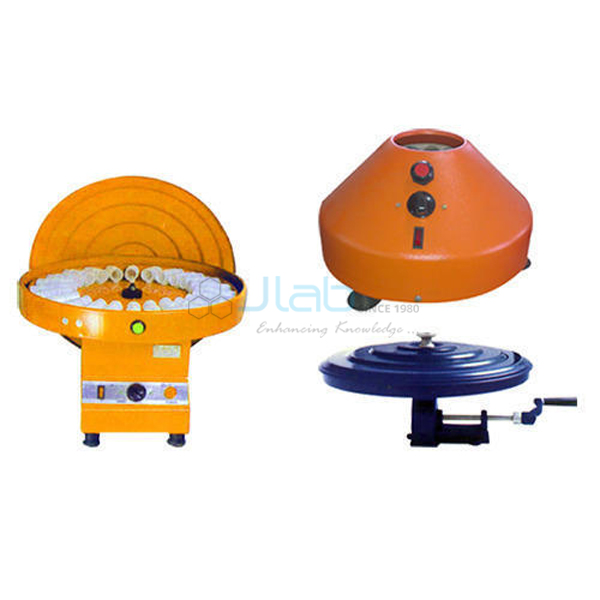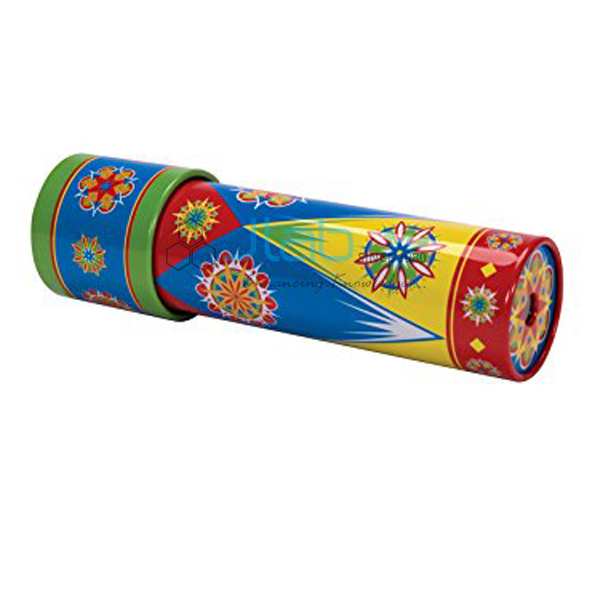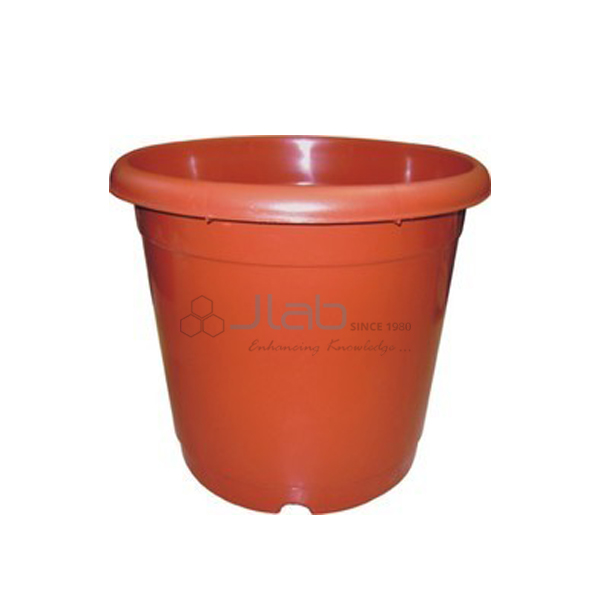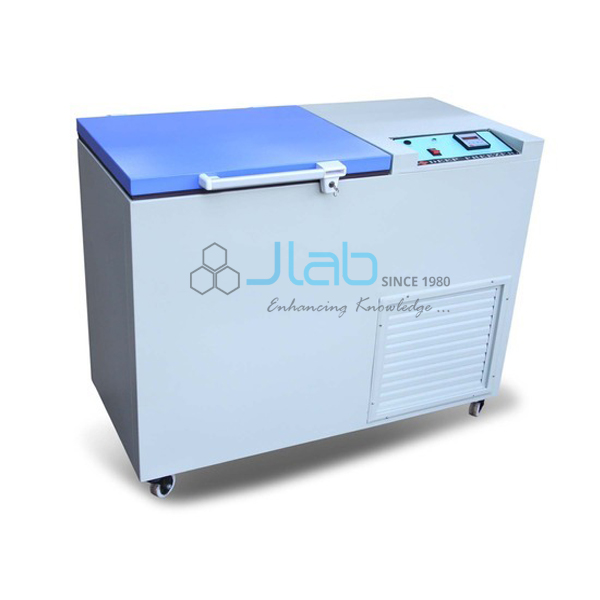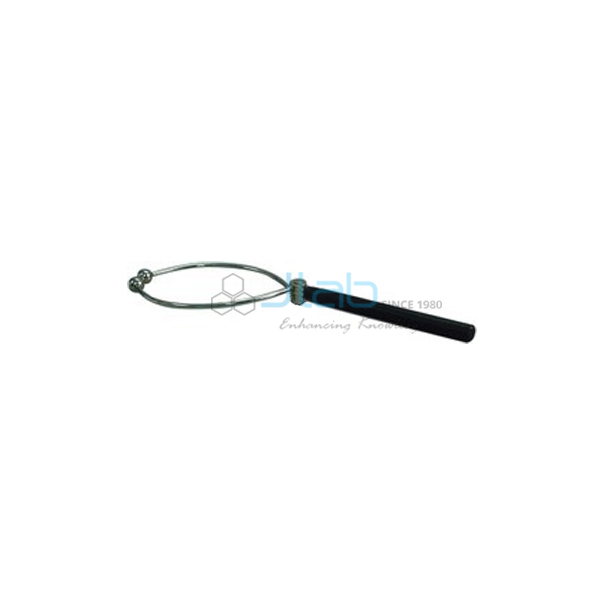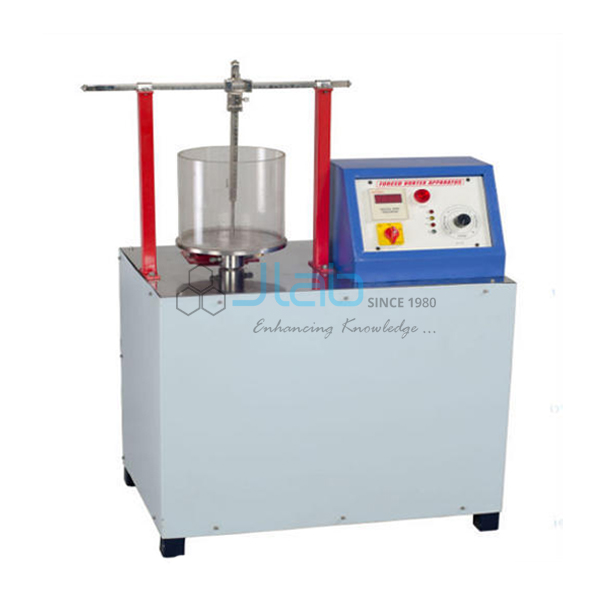Bacteriological Test Vials Manufacturer,Supplier and Exporter in India
Product Code : JL-ELA-5422
Product Code : JL-ELA-5422
Jlab Export is a leading Bacteriological Test Vials Manufacturer,and suppliers in Africa, Bacteriological Test Vials Uruguay (Montevideo), Bacteriological Test Vials Uzbekistan (Tashkent), Bacteriological Test Vials Venezuela (Caracas), Bacteriological Test Vials Vietnam (Hanoi), Bacteriological Test Vials Yemen (Sana'a), Bacteriological Test Vials Zambia (Lusaka), Zimbabwe (Harare), Eswatini (Mbabane) (Lobamba), Ethiopia (Addis Ababa), Fiji (Suva), Gabon (Libreville), Gambia (Banjul), Georgia (Tbilisi), Ghana (Accra), India (Delhi, Mumbai, Kolkatta, Chennai), Indonesia (Jakarta), Iraq (Baghdad), Ivory Coast (Yamoussoukro), Jamaica (Kingston), Jordan (Amman), Kazakhstan (Astana), Kenya (Nairobi), Kiribati (Tarawa), Kosovo (Pristina), Kuwait (Kuwait City), Kyrgyzstan (Bishkek), Laos (Vientiane), Latvia (Riga), Lebanon (Beirut), Lesotho (Maseru), Liberia (Monrovia), Libya (Tripoli), Lithuania (Vilnuis), Luxembourg (Luxembourg), Malawi (Lilongwe), Malaysia (Federal Territory of Kuala Lumpur), Maldives (Malle), Mali (Federal Territory of Kuala Lumpur), Malta (Male), Mauritania (Nouakchott), Mauritius (Port Louis), Mexico (Mexico City), Mongolia (Ulaanbaatar), Bulgaria (Sofia), Burkina Faso (Ouagadougou), Burundi (Gitega), Cambodia (Phnom Penh), Cameroon (Yaoundé), Cape Verde (Praia), Central African Republic (Bangui), Chad (N'Djamena), Chile (Santiago), Colombia (Bogota), Comoros (Moroni), Congo (Kinshasa), Costa Rica (San José), Croatia (Zagreb), Cuba (Havana), Cyprus (Nicosia), Czech Republic (Prague), Denmark (Copenhagen) ,Djibouti (Djibouti City), Dominican Republic (Santo Domingo), DR Congo (Kinshasa), Ecuador (Quito), Egypt (Cairo), El Salvador (San Salvador), Equatorial Guinea (Malabo), Eritrea (Asmara), Estonia (Tallinn)

